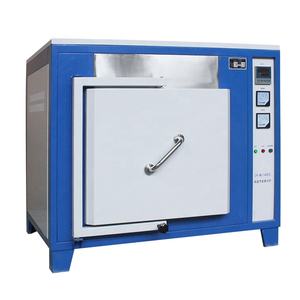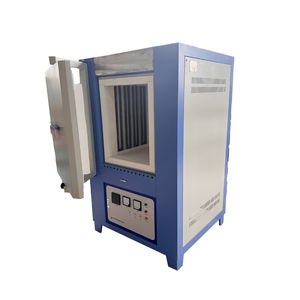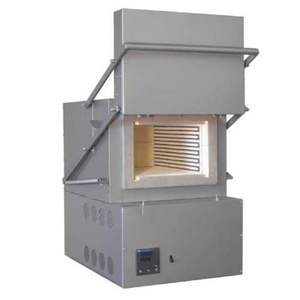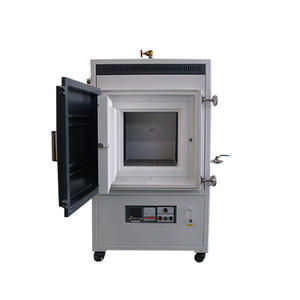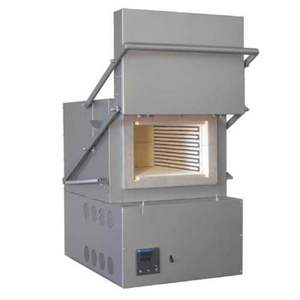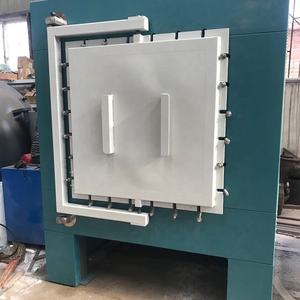Artisan Furnaces - Quality Craftsmanship Tools for Global Artists
(Production Technology and Market Prospects of Sodium Silicate silicon fertilizer)
Technical Parameters of Powdered Immediate Sodium Silicate (CAS 1344-09-8)
(Technical Parameters of Powdered Instant Sodium Silicate (CAS 1344-09-8))
Keep in mind: We can also customize salt silicate powder with moduli of 2.45, 2.5, and 3.4 according to your needs.
Our Range of Salt Silicate Moduli
We offer powdered instant sodium silicate with moduli ranging from 2.0 to 3.3. In addition, we can personalize sodium silicate powder with moduli of 2.45, 2.5, and 3.4 to satisfy your particular requirements.
Introduction
With a growing global emphasis on environmental management and sustainable growth, sodium silicate, additionally called water glass or soluble glass, has garnered substantial interest in different industries owing to its varied usages. This inorganic substance serves as a vital component in building, papermaking, and detergent production. Just recently, conventional phosphorus-based detergent additives such as sodium tripolyphosphate (STPP) have actually been progressively gotten rid of due to their negative effects on aquatic ecosystems. In this context, the requirement for reliable and environmentally safe options has come to be immediate. Salt silicate, with its special characteristics, has entered the spotlight as an appealing option.
Market Opportunities
1. International Need Fads
The global manufacturing of focused artificial cleaning agents has actually seen constant growth, especially with the rising share of ultra-concentrated powders. It is approximated that at the very least 230,000 lots of salt silicate were called for in 2000 alone to fulfill market need. Offered the existing limited worldwide supply, there is a substantial void between supply and demand, indicating considerable potential for development. As consumers’ need for top notch and environmentally friendly items increases, the marketplace for sodium silicate is anticipated to broaden additionally.
2. International Competitive Landscape
Compared to similar items created globally, Chinese-manufactured sodium silicate typically supplies a more competitive rate and equivalent and even premium high quality. For example, the FOB price of sodium silicate in the USA is about $51.15 per 100 pounds, while prices in Europe are also greater. This cost advantage positions Chinese manufacturers highly in the worldwide market. By continually introducing and improving product top quality, Chinese manufacturers have the possible to capture a bigger share of the international market.
Overview of Sodium Silicate
Sodium silicate is a compound created from silicon dioxide (SiO ₂) and sodium oxide (Na ₂ O), usually represented by the formula Na ₂ O · nSiO ₂, where n differs relying on the details type. It is characterized by great solubility, a high pH degree, and excellent cleaning buildings, making it a suitable detergent additive. Past its usage in detergents, salt silicate is widely used in the building sector, such as in waterproofing products and sealers. In the paper industry, it enhances the strength and smoothness of paper. In addition, it finds applications in fabric dyeing, oil extraction, and other fields.
Production Refine
1. Raw Material Preparation: The first step involves choosing appropriate basic materials, including silica sand or soluble glass, together with caustic soda.
2. Dissolution Stage: The raw products are combined and warmed to a proper temperature level to assist in dissolution, ensuring extensive mixing of all elements.
3. Crystallization Control: Details problems are controlled to advertise the development of wanted crystal frameworks in the solution. Temperature level and pressure parameters must be exactly taken care of during this stage.
4. Filtration and Filtration: To guarantee the purity of the last salt silicate product, a plate and structure filter press is employed to eliminate unwanted wetness and pollutants.
5. Drying out and Forming: Spray drying modern technology is employed to reduce the moisture content better, leading to a powder type that is simple to shop and transport.
Cost-Benefit Analysis
From an economic perspective, the manufacturing of salt silicate offers clear price benefits. For a plant with an annual ability of 5,000 tons, the expense malfunction is as adheres to:
1. Variable Expenses: Approximately $346.71 per load, including raw materials (silica sand/soluble glass and caustic soft drink), power consumption (power and gas), and labor expenses.
2. Fixed Prices: Around $141,400 every year, covering devaluation of fixed possessions, upkeep, administration charges, finance interest, and other costs.
3. Overall Costs: The combined complete price is approximated at $385.71 per load.
4. Sales Profits: With an approximated market price of $642.86 per heap, the revenue margin per ton would be approximately $257.15.
( sodium silicate)
5. Economic Perks: The project can generate an annual income of around $3.21 million, contributing roughly $1.29 million in tax profits.
This cost-benefit evaluation suggests that sodium silicate not only offers substantial technological benefits however is additionally highly economically feasible. For making companies, buying the production and promotion of sodium silicate can yield significant economic returns while boosting their company social duty photo.
Final thought
In summary, sodium silicate, with its superior technical efficiency and low manufacturing prices, holds wonderful prospective as a substitute for standard phosphorus-based ingredients. In light of progressively stringent environmental policies and the expanding consumer demand for top quality, green items, speeding up the research, development, and commercialization of salt silicate will certainly be a key vehicle driver in the improvement of the worldwide detergent sector. For investors, entering this area not just contributes to company social responsibility yet also guarantees appealing economic returns and societal advantages. With ongoing technical improvements and a broadening market, the potential uses of salt silicate are extensive and quality additional investigation and development by sector stakeholders and study bodies.
TRUNNANO is a supplier of Sodium Silicate Materials with over 12 years of experience in nano-building energy conservation and nanotechnology development. It accepts payment via Credit Card, T/T, West Union and Paypal. Trunnano will ship the goods to customers overseas through FedEx, DHL, by air, or by sea. If you want to know more about
(Production Technology and Market Prospects of Sodium Silicate silicon fertilizer)

